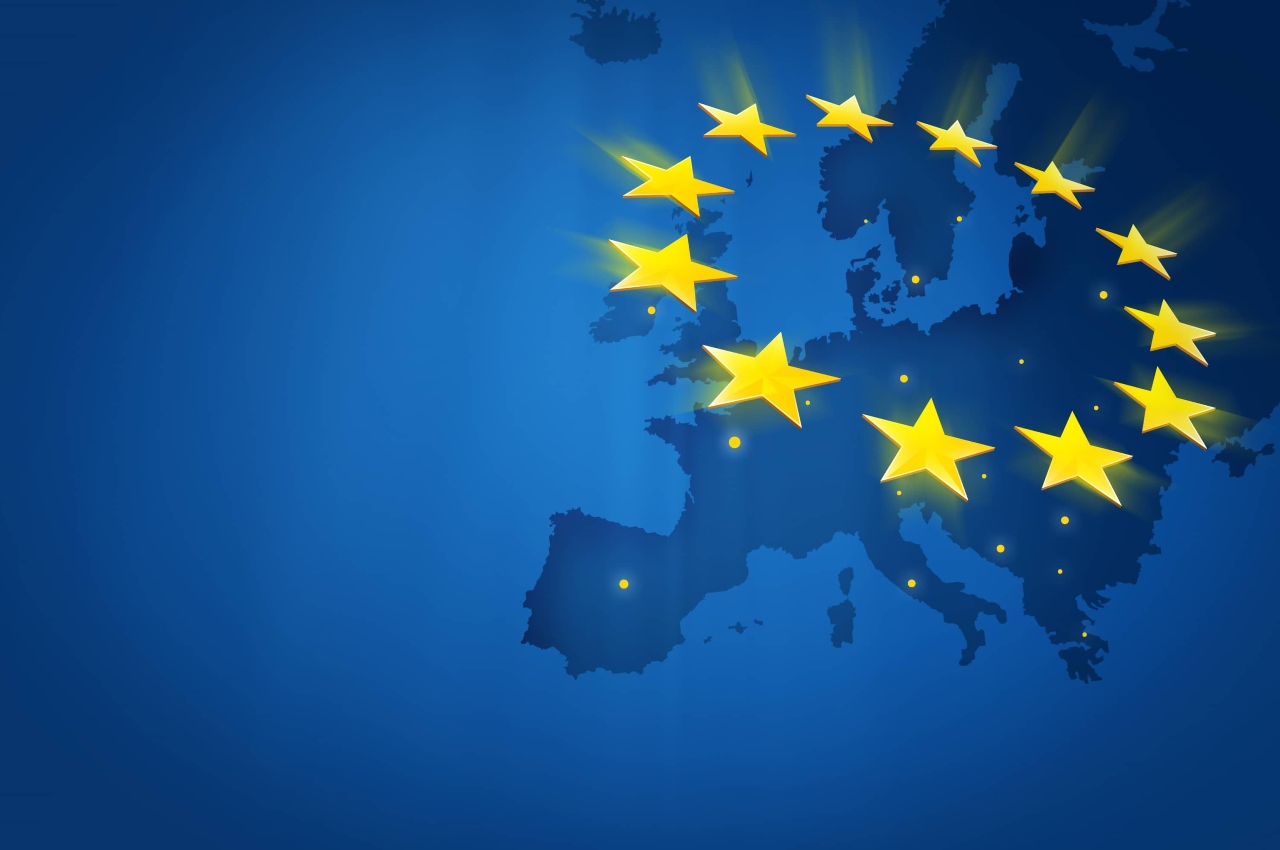New Delhi: A winter recession is on the horizon for one of the world’s main economies as increased prices reduce consumers’ purchasing power. As a result, inflation in the European Union countries that use the euro currency has reached double digits.
Consumer price inflation in the 19-nation eurozone increased to a record 10% in September from 9.1% in August, according to a report released on Friday by the EU statistics office Eurostat.
Inflation was as low as 3.4% just one year ago. Since records for the euro began to be kept in 1997, price hikes have reached their highest level.
The primary offender, with energy prices up 40.8% from a year ago, was inflation. Food, wine, and cigarettes all increased by 11.8%.
As the world economy recovers from the COVID-19 epidemic, the supply of natural gas from Russia has been steadily reduced, and there have been supply shortages for raw materials and parts.
Gas prices have skyrocketed as a result of the Russian cuts, and energy-intensive industries like fertiliser and steel claim they can no longer produce some goods profitably.
Consumers also have less money to spend because of the high cost of petrol, food, and utility bills. This is the primary cause of analysts’ predictions of a recession, or a significant and protracted decline in economic activity, for this year’s end and the first few months of the following year.
The European Central Bank can’t reduce energy prices on its own, so it is boosting interest rates to combat inflation by preventing higher prices from being factored into people’s expectations for earnings and prices.













